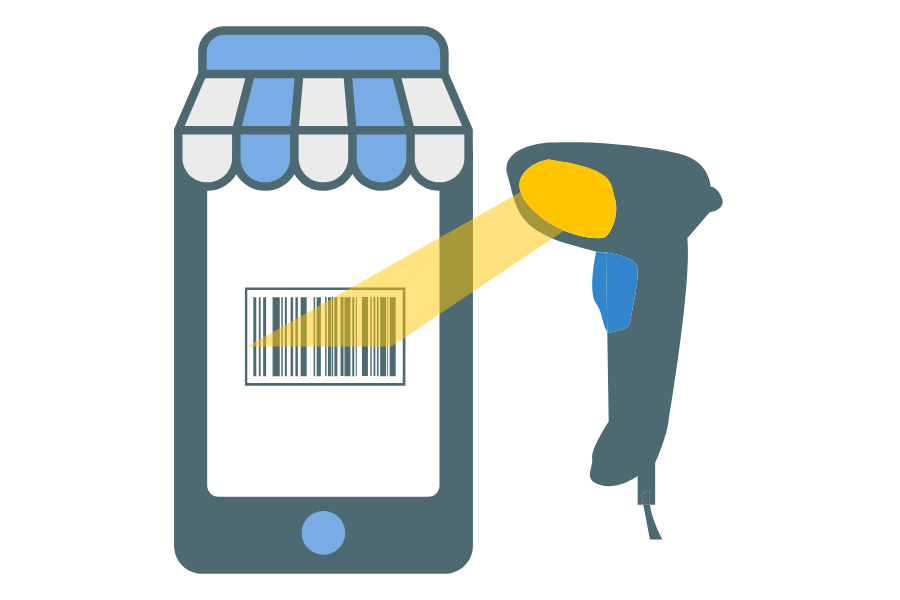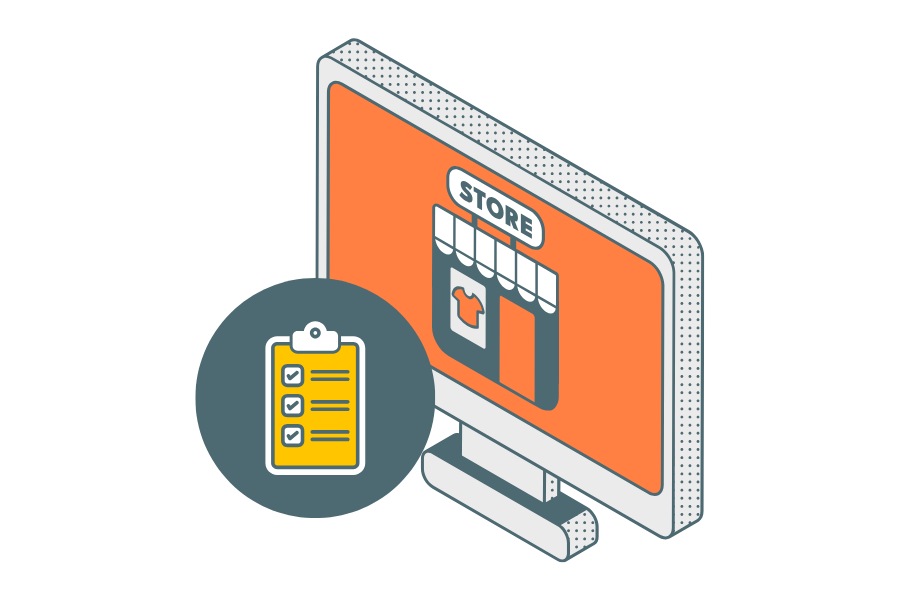UK Taxes for Small Businesses: What You Need to Know
Navigating taxes can be one of the more challenging aspects of running your UK small business. Understanding the taxes you’re required to pay is crucial for staying compliant and avoiding unnecessary fines. Whether you’re a sole trader, a partnership, or a limited company, each structure has different tax responsibilities.
In this guide, we’ll break down the key UK taxes for small businesses and explain how accounting services in the UK can help you manage them effectively.
1. Corporation Tax for Limited Companies
If your business operates as a limited company, you’ll need to pay Corporation Tax on your profits. The rates vary depending on your profit levels:
- The main rate is 25% for profits over £250,000.
- The small profits rate of 19% applies to profits up to £50,000.
- Companies with profits between £50,000 and £250,000 can claim marginal relief, which reduces the effective tax rate.
Managing Corporation Tax is an essential part of accounting services for limited companies. It’s vital for your business to keep accurate records and file your tax returns on time to avoid penalties.
2. Income Tax for Sole Traders and Partnerships
For sole traders and partnerships, the tax system differs from limited companies. Instead of Corporation Tax, you’ll pay Income Tax on your profits. The key thresholds and rates are:
- Personal Allowance: £12,570 for the 2025/26 tax year.
- Basic Rate: 20% on income between £12,571 and £37,700.
- Higher Rates: 40% for income above £37,701, and 45% for income above £150,000.
To ensure you’re paying the correct amount of tax and taking advantage of allowable expenses, accounting services can help sole traders and partnerships track income and expenses accurately.
3. National Insurance Contributions (NICs)
National Insurance Contributions (NICs) are a significant tax for both self-employed individuals and employers in the UK. NICs help fund public services such as pensions and benefits.
For Self-Employed Individuals
- Class 4 NICs:
- 6% on profits between £12,570 and £50,270.
- 2% on profits above £50,270.
- Class 2 NICs have been removed as of April 2024.
For Employers
Employers must also contribute to NICs for their employees and deduct employee NICs via PAYE.
Proper accounting services are crucial for calculating NICs and ensuring they are paid correctly and on time.
✅ Paperwork eating your time? Let AI do the heavy lifting. Our platform automates daily tasks while expert accountants ensure everything’s perfect. Break free here.
4. Value Added Tax (VAT)
If your UK small business has a taxable turnover of over £90,000 within a 12-month period, you’ll need to register for VAT. Once registered, you’ll charge VAT on most goods and services sold, and you may be able to reclaim VAT on business expenses.
- Standard VAT Rate: 20% on most goods and services.
- Special VAT Rates: Some goods and services are eligible for reduced VAT rates.
Managing VAT can be complex, and failing to comply with VAT registration and filing obligations can lead to penalties. Accounting services can help ensure that your VAT returns are filed correctly and on time.
5. Business Rates for Commercial Properties
If you operate your UK small business from a commercial property, you may be required to pay business rates to your local council. These rates are based on the rateable value of your property.
In some cases, you may qualify for small business rate relief, which can reduce or eliminate your business rates liability.
Properly tracking and understanding business rates is essential for your accounting services. An experienced accountant can help ensure that your property’s rateable value is assessed accurately.
6. Capital Gains Tax (CGT)
If your business sells assets, such as property or equipment, it may be subject to Capital Gains Tax (CGT) on the profits. The annual exempt amount for the 2024/25 tax year is £3,000, and the rates typically range from 10% to 20%, depending on your income.
If you’re selling business assets, it’s important to calculate your potential CGT liability. This is an area where accounting services can help guide you through the tax implications and ensure compliance.
Summary
Understanding UK taxes for small businesses is essential for staying compliant and avoiding penalties. Limited companies must pay Corporation Tax on profits, while sole traders and partnerships pay Income Tax. Both self-employed individuals and employers need to make National Insurance contributions. Businesses with a turnover above £90,000 need to register for VAT, and those operating from commercial properties may be liable for Business Rates. Finally, Capital Gains Tax applies to profits made from selling business assets.
Your Next-Level Accounting Team: AI That Learns + Experts Who Care
Tired of Teaching Every New Accountant About Your Business? Traditional accounting services mean repeatedly explaining your business to new staff. Modern companies need systems that learn and remember—exactly what most accounting firms can’t deliver.
Counto’s intelligent accounting service adapts to your business. Our AI learns your specific patterns and transactions, then handles your daily bookkeeping automatically. Expert accountants review everything for accuracy, and your dedicated Customer Success Manager is always just a message or call away. No more repeated explanations, no more basic questions—just accounting that understands your business.
Join small businesses saving hours monthly on financial management with our outsourced accounting solution. Plus, with our AI handling the routine work, you’ll get better insights at a fraction of the cost of a full-time bookkeeper. Ready to upgrade your accounting? Chat with us now, email [email protected] , or use our contact form.







